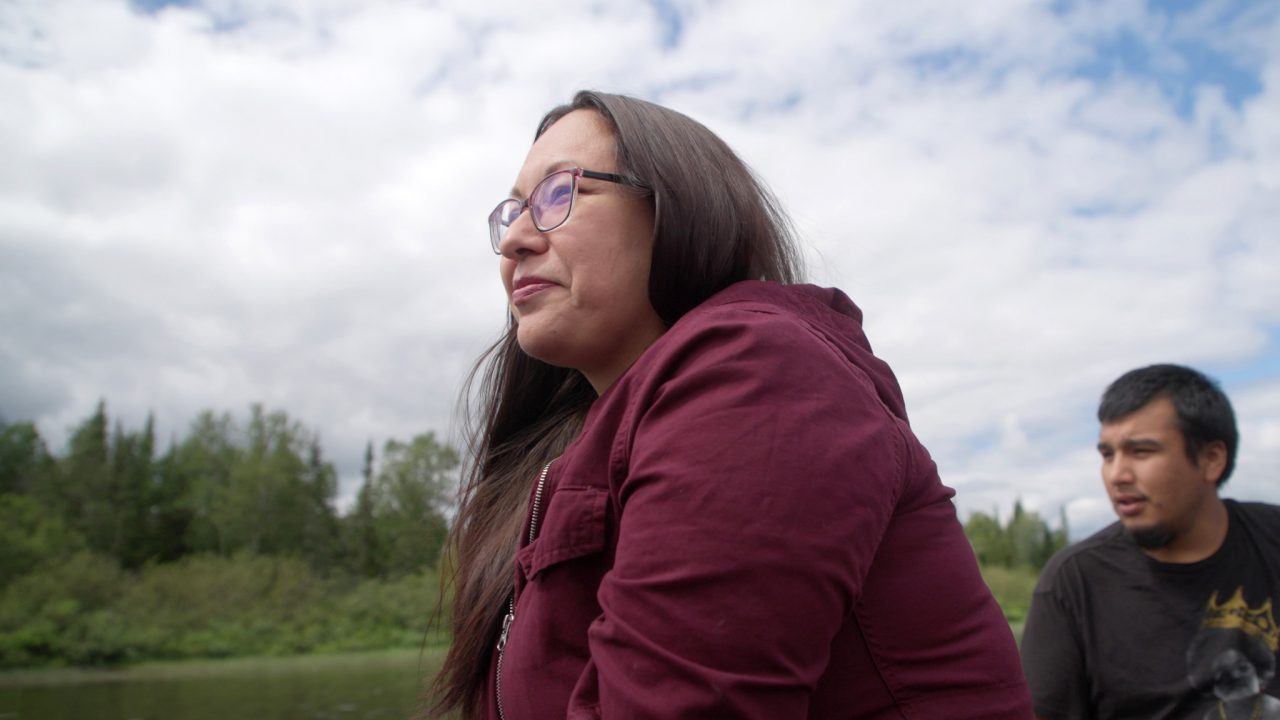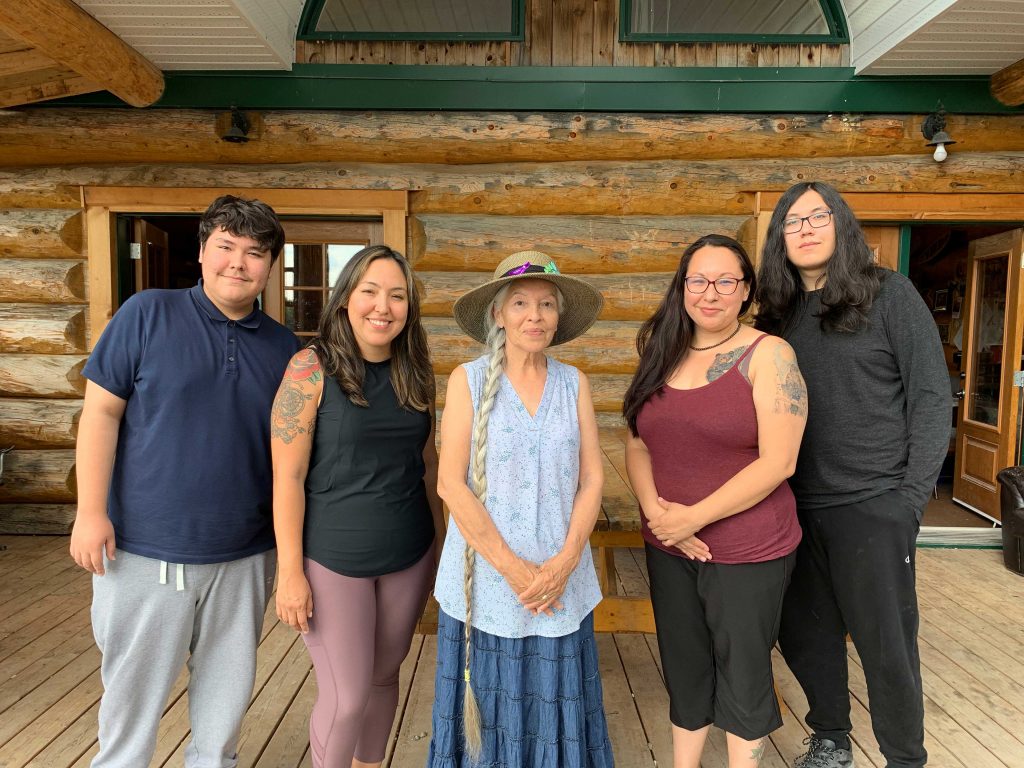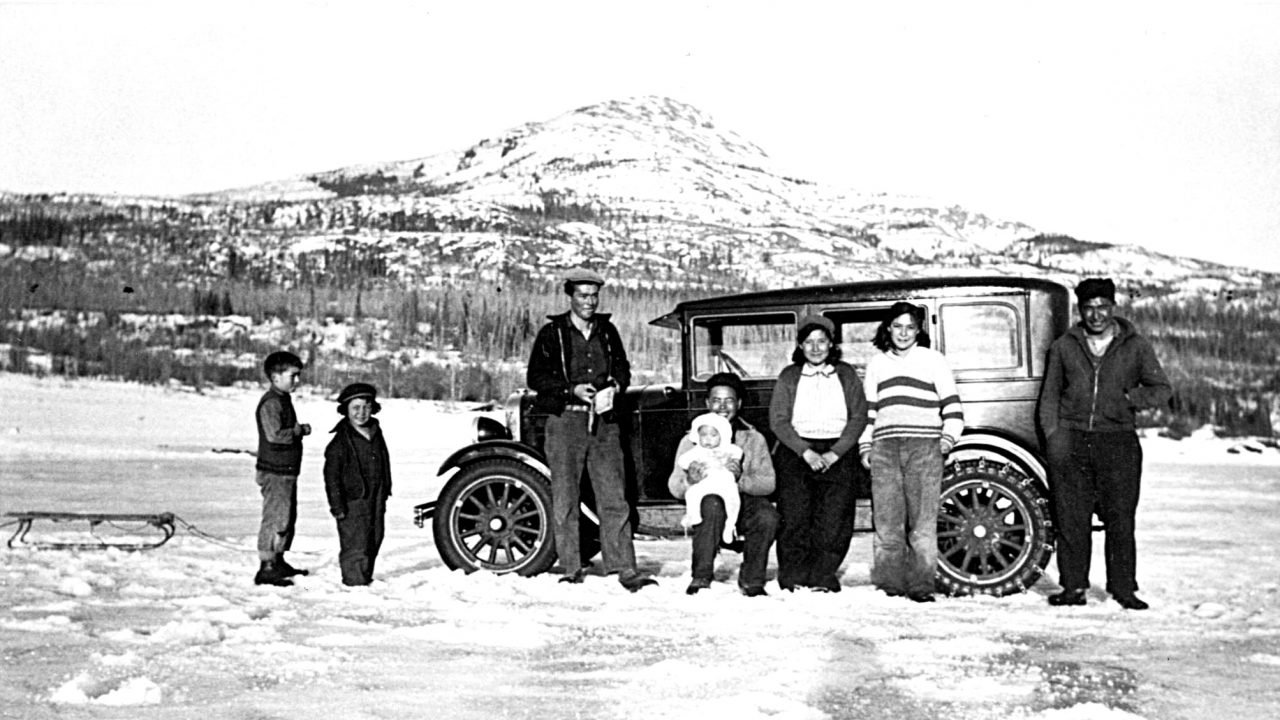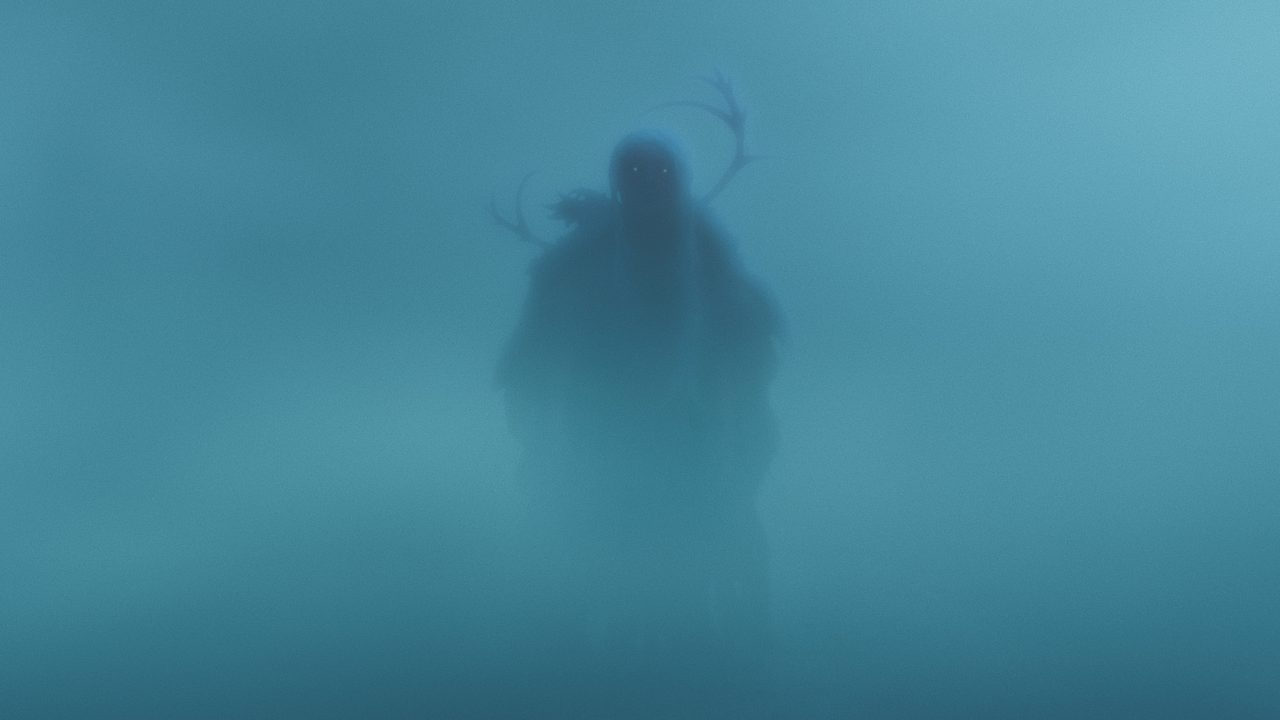
How Documentaries Foster the Transmission of Knowledge for Generations to Come
How Documentaries Foster the Transmission of Knowledge for Generations to Come
I was born and raised in La Ronge, Saskatchewan, Treaty 6 region, in the northern boreal forest, surrounded by the land of a thousand lakes. As a child growing up in a hunting community, I was able to experience a land-based lifestyle of foraging and fishing. This taught me about my connection to my paternal Woodland Cree roots and community.
When I was 11, we moved to Saskatoon and I experienced my first culture shock, transitioning to an urban lifestyle in which education was now the method of survival. I took for granted the knowledge and skills that my family and community in La Ronge had transmitted to my sister Annie and I, and it wasn’t until I had children of my own that I took responsibility as a parent to foster a relationship to our communities.
The seed for my 2019 short film, Stories Are in Our Bones, was my youngest child Corwyn’s desire to learn fishing from his grandmother, kokum Marian, who had then moved back to La Ronge and returned to a land-based lifestyle. Both Corwyn and his sibling, Dawlari, were raised in Regina, and while they lived in the Queen City, I took them to La Ronge so they could eat fresh fish caught in the northern lakes of my childhood home and have the experience of different family members providing. Corwyn felt that this would fill a gap in their knowledge systems.

When I was a child, I remember having my own rod and finding fishing spots along the Montreal River. So Stories Are in Our Bones was intended to be a cinéma vérité approach to watching my children learn how to fish, and to share that experience with family over a meal. The goal was to be less prescriptive and more hands-on; as I was taught growing up, first do it, and the teachings follow. This film centres on intergenerational knowledge transmission through land engagement, fishing and cooking outdoors.
Growing up, no one talked about my Atikamek Cree family history, so I didn’t know anything about my maternal background until I was around eight years old, when my grandmother, nohkum Caroline, who raised me and taught me my core teachings, was sent back to Waswanipi Cree Nation, Quebec. It was later explained that she lived with amnesia for many years and was missing from her community after a traumatic head injury. My 2023 film, Our Maternal Home, is about my children and my generation reconnecting with my Aunty Irene in Waswanipi, and reconnecting with the community my grandmother came from. I had always been told that this is where my teachings and identity originate.
Clip of Our Maternal Home, Janine Windolph, provided by the National Film Board of Canada
My practice as a storyteller, educator and filmmaker has moved to centre on intergenerational healing and taking time to transmit stories, knowledge, skills and ceremonies to the next generation. For Our Maternal Home, I focused on walking the land, foraging ingredients and preparing a feast for the Elders of the community, while honouring the ancestors that came before us, namely nohkum Caroline. My hope was for the community to embrace and accept my children as part of their family line and to honour the legacy of my grandmother.
As a storyteller, I find documentary film is the best medium for this work because it offers a way to document the process, to dedicate time and resources to the transmission of knowledge, to share teachings and, with the participation of my children, give hope for the future while reflecting on the past and those who came before us.
As a mother and documentary filmmaker, I’ve observed that my children go through several layers of learning and experience during each film. First, they help plan what we will do for the film, then they experience it in production, and then they reflect on the most important moments in post-production. It all leads to sharing that experience with others.
As they got older and watched Stories Are in Our Bones again, they picked up new lessons and remembered things they’d forgotten over the years. Through this process, they have also become storytellers themselves. It’s my dream that whatever path they take in life, my children will choose to continue nurturing skills learned on the land, with family and community, and making documentary films that reflect their life experiences while exploring family stories.



